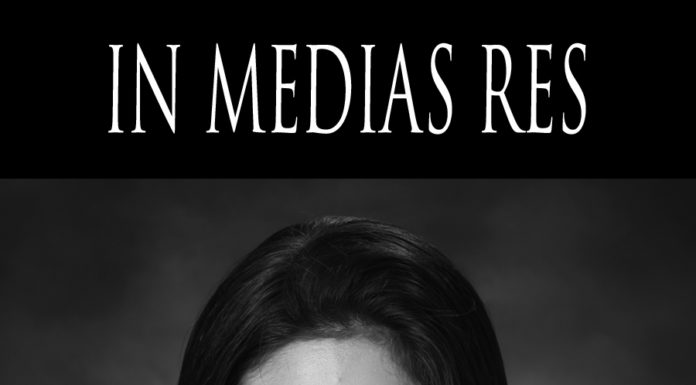 ALBERT Einstein said, “Everyone is a genius. But if you judge a fish on its ability to climb a tree, it will live its whole life believing it is stupid.”
ALBERT Einstein said, “Everyone is a genius. But if you judge a fish on its ability to climb a tree, it will live its whole life believing it is stupid.”
My brother Luke* was born healthy and perfect, but as he was growing up, it seemed that something was wrong with him. The first thing my parents noticed was his speech delay. At the age of two he would not speak and wouldn’t communicate even in a non-verbal way; he was even incapable of eye contact. His gestures include a lot of hand flapping and head banging. Whenever Luke sees a man wearing eyeglasses, he would run to him and demand to be carried (this may root from the absence of my father who was then working overseas). In short, he lived in his own little world no one could understand or penetrate.
My parents decided to consult a specialist regarding my brother’s condition. Luke was diagnosed with a clinical impression of pervasive developmental disorder, otherwise known as autism.
It was very hard for my parents, especially my mother who received the results alone because my father was then working abroad.
An intervention had to be made. The specialist referred my parents to a child psychiatrist, who then recommended a special school for my brother. Word had it that getting in was very hard since the school was small and had limited facilities. Lucky enough, Luke was accommodated and after a few sessions he showed great improvements. He started to respond and socialize a bit.
After five years, Luke was brought back for another consultation. This time, the diagnosis showed he had slightly improved in social interaction. But he still exhibited characteristics of autistic spectrum disorder.
It was around this time that we had to move to a new home and my father was unemployed; he had given up his job to be with us, especially to provide moral support for Luke.
Fortunately, there was a special education (Sped) school near the neighborhood. Here, Luke started to gain academic excellence. But then it seems the facilities were not enough. My parents believed Luke could improve more, so he was transferred to another Sped school which offered more services suited to his condition. True enough, his progress was so great that he was recommended to enter a regular school.
It was a big and intimidating step that had to be taken for his benefit.
He was accommodated in a regular school and was treated like a normal student. He complied with his academics and even had extra-curricular activities such as taekwondo, pageant contests and even speech choirs. But the best part is that he learned to become independent.
It was inevitable that there are people who were unaware of his condition. Luke was bullied, but he fought back. With this, he was able to survive high school and eventually he graduated last April 5.
It doesn’t end there. Luke’s next big step is to enter college. After taking a psychoeducational evaluation, a Sped diagnostician said he is not capable and would be difficult for him to get a college degree. But this did not discourage my parents for finding ways for him to get one. Fortunately, there is a school which caters to students like him and gives a special program wherein they may have a chance to experience college.
This just proves that having a special child doesn’t mean you have to restrict his capabilities with what his condition dictates. It’s just a matter of support, early intervention and right push.
I see a lot of kids (or sometimes adults) who have special needs like my brother and I can’t help but think of their future—whether they have a direction in life or whether they would be stuck in their condition and just depend on their families or caretakers.
The government claims to prioritize the education sector and yet the situation of special children is not really addressed. Yes, there are a lot of Sped schools and trained teachers in the country but their services are limited for those who can afford the high expenses.
After K-12, I think it’s time to create a program that will cater to the less fortunate ones. Parents should also band together to raise public awareness about special children and their needs.
Special children are not special because of their disabilities. They are special because they are meant to achieve great things despite their limitations.
*Name was changed to protect the privacy of the individual.













